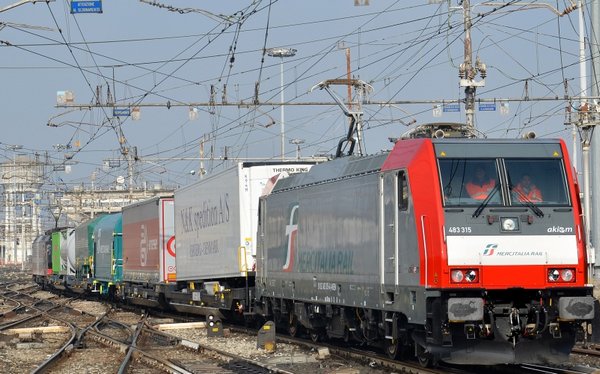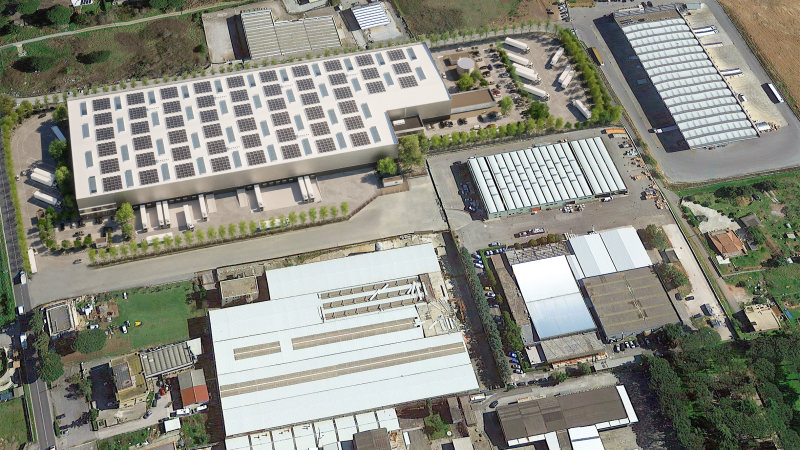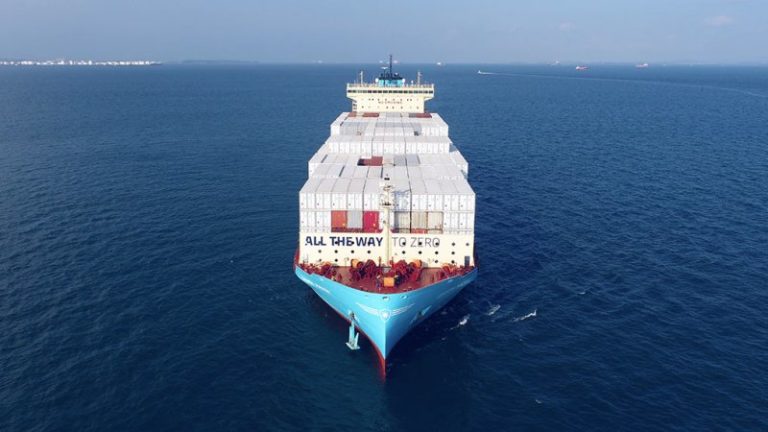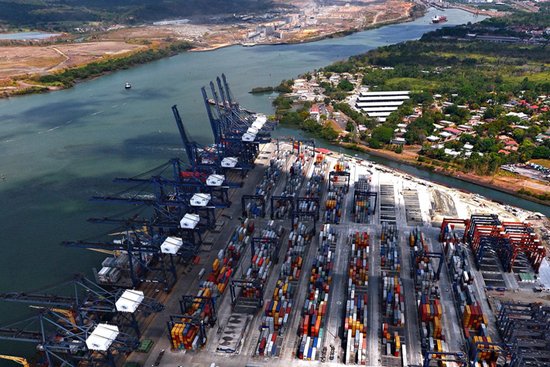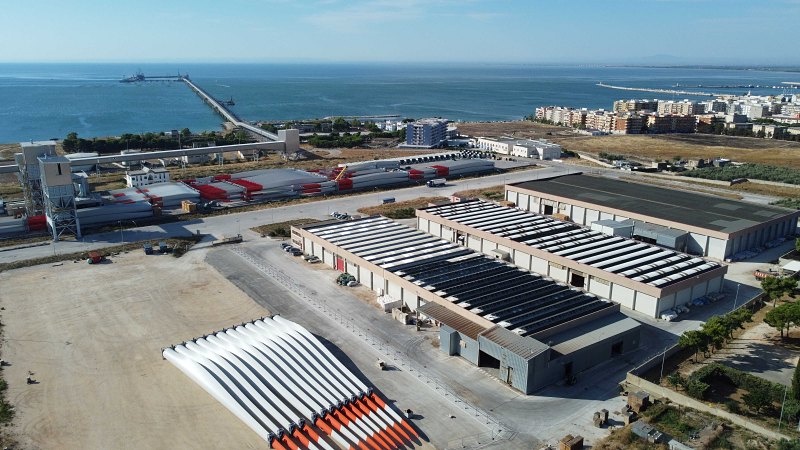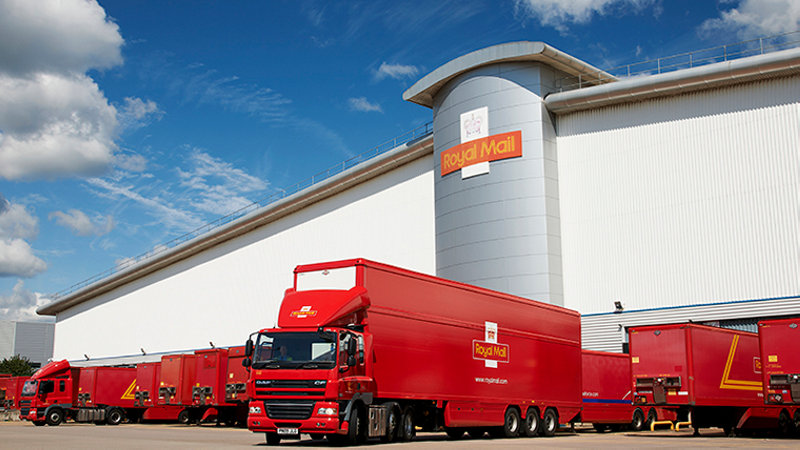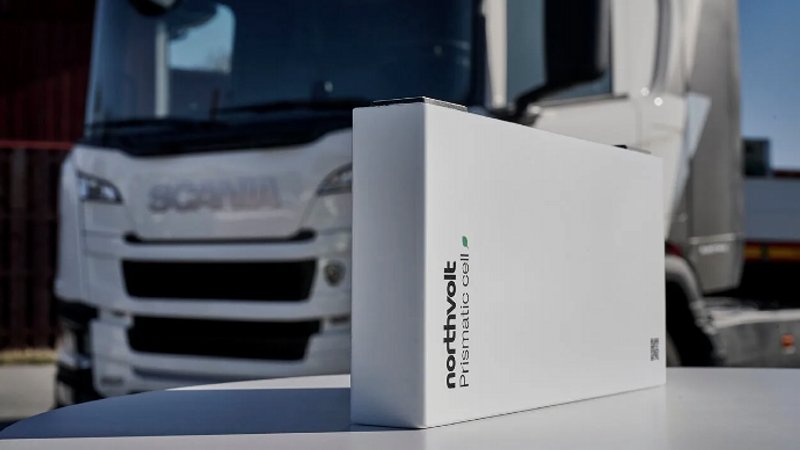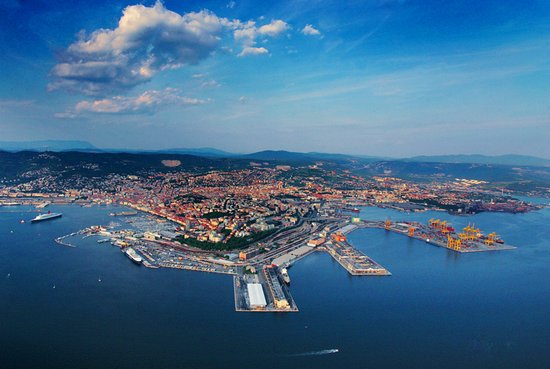The IMO aims to achieve net-zero carbon emissions in maritime transport by 2050 and to meet this target, intends to formulate specific norms by 2025. The main challenge lies in creating a global greenhouse gas pricing regulation that can bridge the price gap between clean and fossil fuels, thus encouraging investments in green fuels without imposing excessive costs on the global economy. As preparations for the IMO MEPC 81 negotiations in March are underway, the World Shipping Council has put forth a proposal on greenhouse gas pricing as a solution to this dilemma.
Despite the existence of ships already operating with less polluting fuels, their cost is three to four times higher than that of fossil fuels, and their availability is only a fraction of what is needed. The WSC proposes the so-called Green Balance Mechanism (GBM), which aims to bridge the price gap between fossil and green fuels. Essentially, it suggests using taxes from fossil fuels to subsidize green fuels, thereby equalizing the price of the two products. The greater the greenhouse gas emission reductions a fuel delivers – on a well-to-wheel lifecycle basis – the greater the financial allocation it receives. Moreover, the funds collected in a given year are determined by the amount of green fuels used, allowing for a relatively low fee at the beginning of the transition.
According to the WSC, the GBM would make it economically rational and attractive for ship owners and energy providers to invest in fuels and technologies that achieve deep reductions in greenhouse gas emissions from the regulation's inception. The organization states that existing and soon-to-be-delivered dual-fuel ships will be able to operate on the cleanest fuels, accelerating the production of green fuels and promoting economies of scale that will reduce the cost of green fuels, leading us to zero in the most economically efficient way possible.



